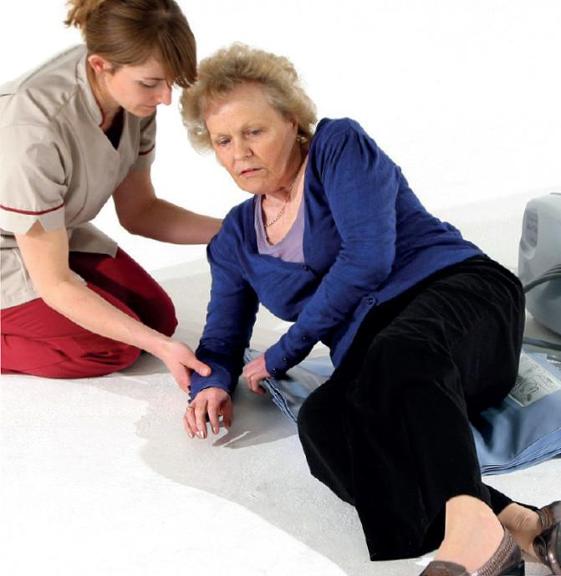Council concerned for carers if health changes go ahead

On-going support for the families and carers of older people and dementia patients should be at the heart of proposed changes aimed at providing joined-up healthcare closer to people's homes in North Derbyshire.
That's the view of High Peak Borough Council in a formal response to the public consultation by the Clinical Commissioning Group (CCG) for North Derbyshire and Hardwick as part of the 'Better Care Closer to Home' proposals.
The Council is also calling for the retention of beds for specialist inpatient dementia treatment at Buxton's Cavendish Hospital despite the proposed closure of the Fenton and Spencer wards and has expressed serious concerns about the level of cover for night time dementia emergencies if proposals to have one older age psychiatrist on call throughout the night go ahead.
Councillor Emily Thrane, Executive Councillor for Corporate Services at the Council, said: "We welcome the opportunity to respond to these proposals on behalf of High Peak residents. How we care for older people recovering after an accident or illness and for people with dementia has a big impact on them and their families so it's critical that we get it right - and that includes providing appropriate support and respite for families and carers of patients.
"We have listened to what the CCG is proposing in our area and have raised our serious concerns about this issue - and the retention of local hospital beds and night-time cover - and we would ask that these are given full and due consideration as decisions about future healthcare provision are being made."
The consultation began in June and finished on 5 October. The CCG has held a series of consultation meetings throughout the area including in Buxton and New Mills.
Councillor Stewart Young, Chair of the Council's Community Select Committee, added: "We've also been clear that we don't believe patients and their families and friends should have to make lengthy, difficult or expensive journeys to access health services on a regular basis so proposals to locate the majority of community rehabilitation in Chesterfield are worrying - particularly when the possible cuts to subsidised bus services are taken into account.
"We have asked the CCG to take a wider view and think seriously about the implications of changes to services in other areas - such as public transport - on residents in rural areas.
"Whatever is ultimately decided, it is important that any transition to new arrangements takes into account people's needs and allows sufficient time for them to understand how, when and where the new systems of care will be put in place."




